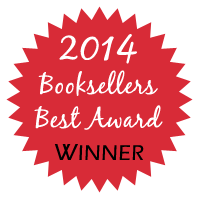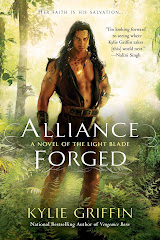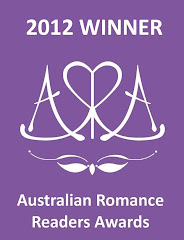
I really enjoyed picking out paragraphs for this series of posts. It took me some time to wade through my shelves and decide which openings grabbed my attention but it was fun.
This week sentence structure played a big part in why I chose these two books as great beginnings. See what you think...
The next scene, from Nina Bang’s A TASTE OF DARKNESS, starts from the hero’s point of view.
Werewolves-furry pains in the butt.
Werecats-sneaky, whisker-twitching manipulators.
Werejerks-every freakin’ loser with a were in front of its name.
Reinn hated them all. But most of all Reinn hated his job. Guardian of the Blood. What a crock.
He’d been a warrior in some form or another for most of his thousand years of existence. When he’d finally decided to walk away from that life, he’d bought a house and property in the Colorado Rockies, and then settled down to be alone. That was it. He. Wanted. To. Be. Alone. No friends, no emotional chains, no vulnerabilities.
Yeah, he was one cold bastard. But he was one cold bastard who was still alive.
Phew, that’s one dark, tortured hero. More questions? No answers? Oh, didn’t that happen in the last scene we read?
Take another look at the passage. Reread the first three lines. Do you detect a staccato rhythm in the descriptive phrases? Like the internal ravings of someone angry at the world. Hmm, emotional overtones.
Also note the broken structure of the sentence towards the end – He. Wanted. To. Be. Alone. Attention grabbing? You betcha. Effective. Yep.
And what about this? No friends, no emotional chains, no vulnerabilities. More strong emotion that creates a need to find out why. You’ve got to read on to find out more.
“The King must die.”
Four single-syllable words. One by one they were nothing special. Put together? They called up all kinds of bad shit: Murder. Betrayal. Treason.
Death.
I’m a huge fan of J.R.Ward but even if I hadn’t been, this opening scene from LOVER AVENGED just grabbed me and I was skimming the words as quickly as I could to find out who, why, where and what the heck was going on.
Very sharp, short sentences. Each word carefully chosen for maximum impact. Tension and excitement. The last four one-word sentence just go from icckk, to uh-oh, gasp, and ewww. The mind is calculating scenarios and the eyes are racing down the page wanting to read more. Know more.
The illiteration of the ‘s’-sound in the first sentence is great – single syllable words. And the character has attitude – look at the phrasing of the fourth sentence – They called up all kinds of bad shit… Pretty powerful for a such a short opening scene.
Last post for this series next week!
























